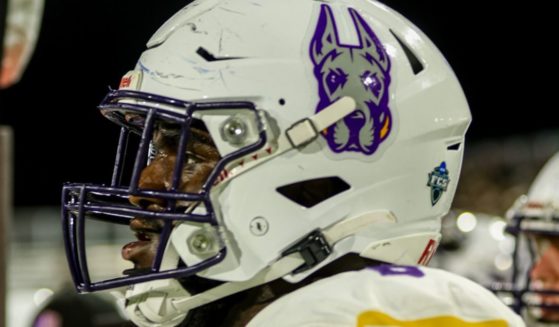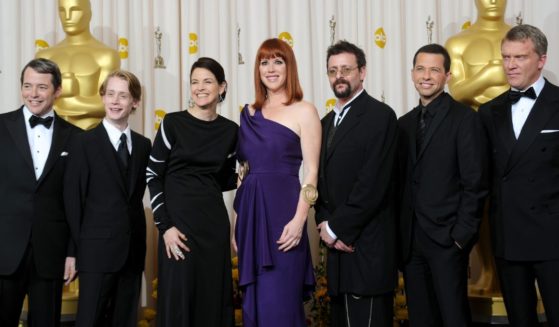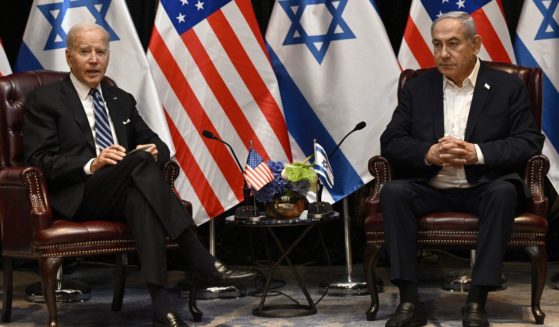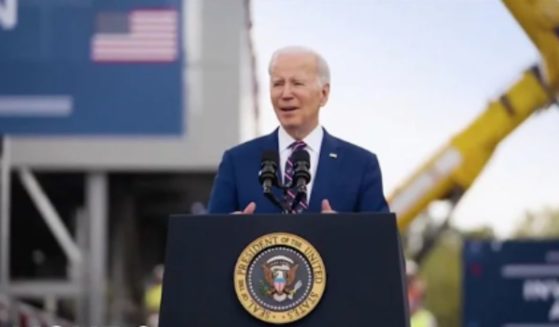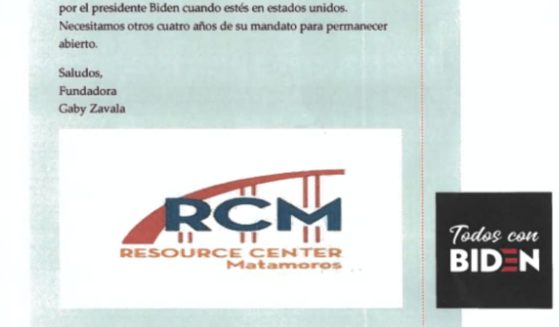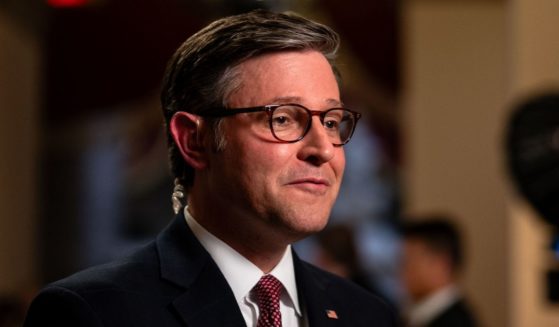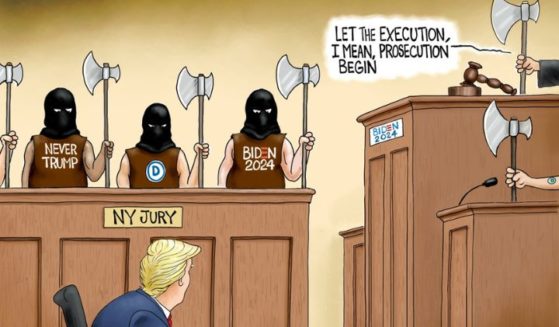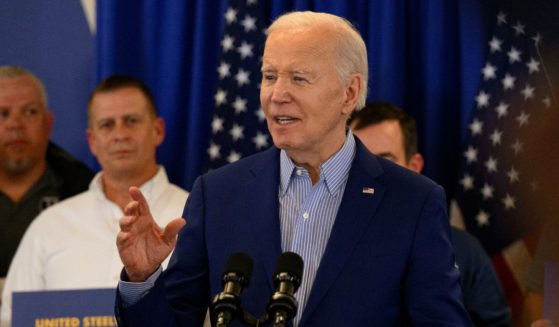NCAA clears Division II player after agent-rule mistake
The NCAA cleared Glenville State’s Phil Bledsoe for his senior season after the Division II college basketball player mistakenly used a new rule permitting only Division I players to declare for the NBA draft and sign with an agent while maintaining college eligibility.
He has been “reinstated immediately with no conditions,” NCAA spokeswoman Stacey Osburn told The Associated Press on Saturday.
That came about a week after the West Virginia school submitted a reinstatement request, starting a process that first requires a school to declare an athlete ineligible in order to ultimately clear him for competition.
Compliance coordinator Bill Lilly told the AP then that the request noted he had offered incorrect guidance to Bledsoe amid confusion about the rule adopted in August following a federal corruption investigation into the sport.
Both Lilly and Maryland-based agent Jerry Dianis — who had worked with Bledsoe during the draft process — had publicly expressed optimism the NCAA wouldn’t penalize Bledsoe for using a rule perceived by many to apply to any early entrant to the NBA draft.
“They made the right decision,” Dianis said Saturday. “And the rule itself is a solid rule. But sometimes you have to work out the preliminary or initial kinks.”
Bledsoe followed guidelines to use the rule before seeking out Dianis, then withdrew from the draft ahead of the May 29 deadline for players to pull out and preserve their college eligibility.
He played his first two seasons at Marshall in the Division I ranks before transferring to Glenville State, where he averaged 19.9 points and 11.3 rebounds last season at the school with an enrollment of about 1,800 students.
The agent rule was implemented amid numerous reforms proposed by the basketball commission led by former U.S. Secretary of State Condoleezza Rice. It permitted certified agents to work with players and cover minimal expenses for team workouts, though those contracts must end when the player returns to school.
In the NCAA’s legislative database, all three divisions have a starting point of General Rule 12.3.1, which prohibits athletes from agreeing orally or in writing to be represented by an agent.
The Division I rules include the new exception permitting players to sign with an NCAA-certified agent (Section 12.3.1.2) while maintaining eligibility, but that exception doesn’t appear for Division II and Division III.
Additionally, the NCAA has at times publicly used broad terms such as “basketball student-athletes” and “college basketball players” about the rule without explicitly stating it is unavailable outside of Division I.
Dianis said he hopes the NCAA “makes sure there’s clarity” going forward with the rule, adding: “Obviously I think Division I, II, III … all of the NCAA student-athletes should be able to benefit as a result of this (rule) in the future.”
Osburn has said previously the lower divisions will evaluate the rule’s impact in its first usage through Division I before considering whether to adopt it.
___
More AP college basketball: https://apnews.com/CollegeBasketball and http://www.twitter.com/AP_Top25
___
Follow Aaron Beard on Twitter at http://www.twitter.com/aaronbeardap
The Western Journal has not reviewed this Associated Press story prior to publication. Therefore, it may contain editorial bias or may in some other way not meet our normal editorial standards. It is provided to our readers as a service from The Western Journal.
Truth and Accuracy
We are committed to truth and accuracy in all of our journalism. Read our editorial standards.

